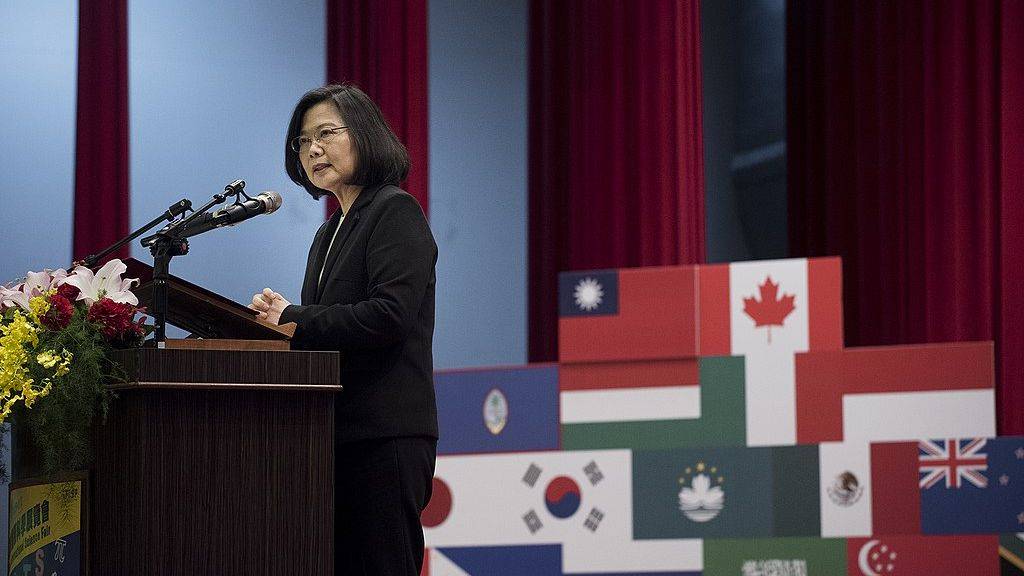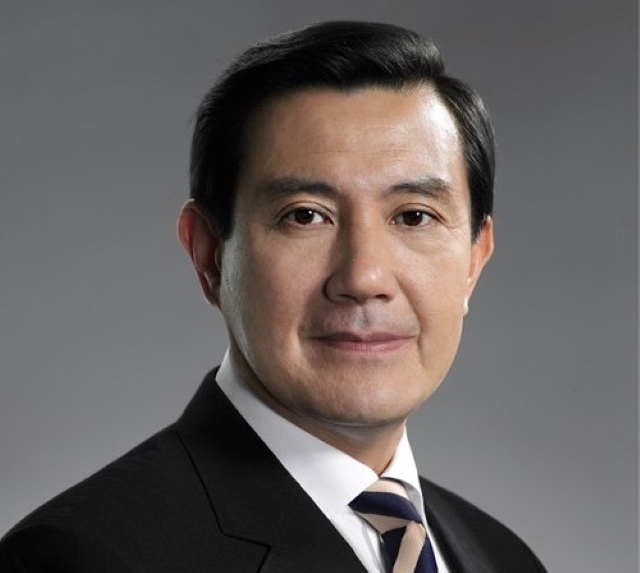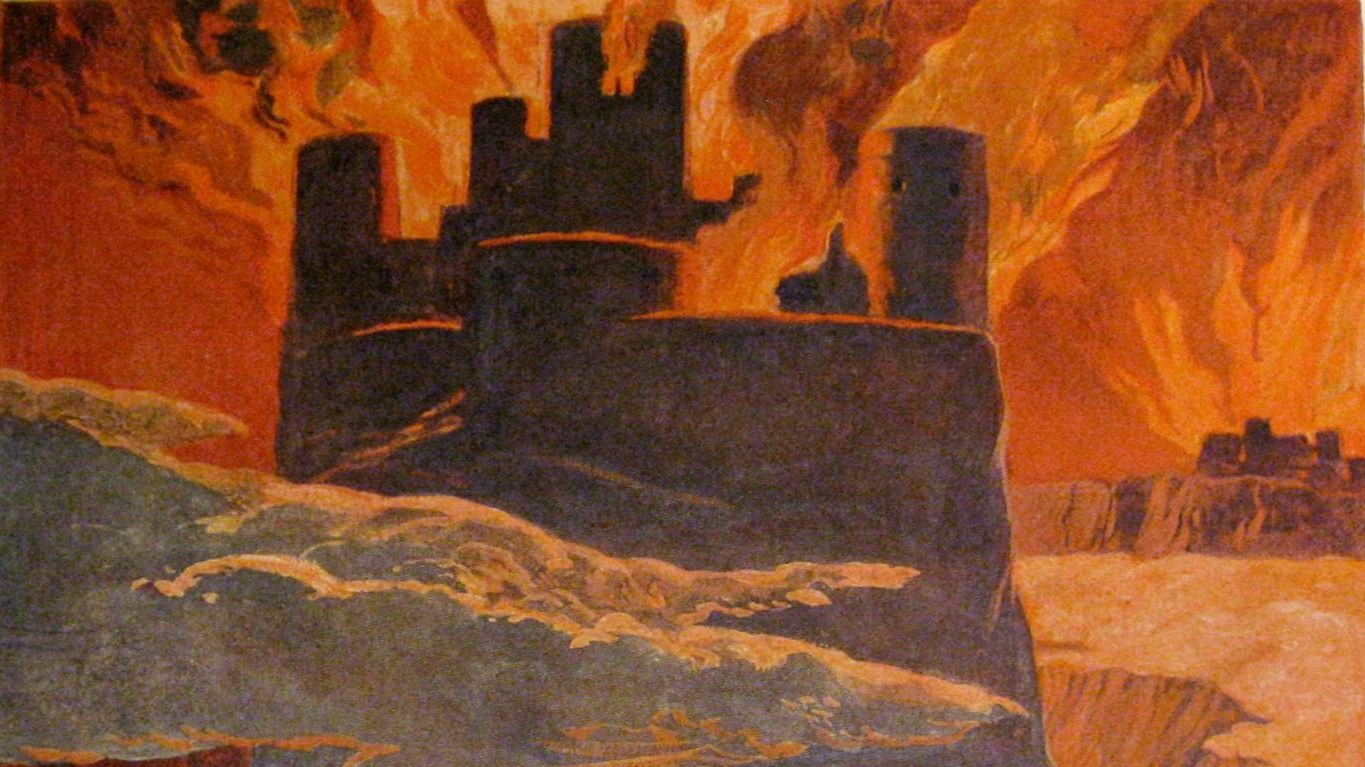Taiwan’s president conceived her visit to America as a strong political move. However, China and opposition forces on the island have taken countermeasures
Taiwanese President Tsai Ing-wen has traveled to Central America, where the island has several allies who have established diplomatic relations with it to the detriment of relations with China. The president’s administration has already confirmed that Tsai Ing-wen will make stops in the United States on her way there and back.
The president flew out of Taiwan on March 29. On her way, Tsai Ing-wen will stop in New York City for two days. Then she will visit Guatemala and Belize. And on her way back she will stop in Los Angeles.
This last destination of her trip may be the hottest on the president’s tour. According to various sources, in Los Angeles, is going to meet with the Speaker of the US House of Representatives Kevin McCarthy. This will cause a storm of indignation on the part of China.
On the day of the visit, March 29, Zhu Fenglian, a spokeswoman for China’s State Council Taiwan Affairs Office, said that China would retaliate strongly if the meeting between Tsai Ing-wen and McCarthy takes place. China will view the meeting as yet another serious violation of the “one China” principle that the Chinese authorities call on the entire world community to uphold. This violation, in turn, would mean encroachment on China’s sovereignty and territorial integrity.
The principle of “one China” implies that China and Taiwan are parts of one state and that there is no independent Taiwan. Zhu Fengliang said that the so-called “transit” of Tsai Ing-wen through US territory is a provocation designed to promote the island’s independence in the international arena and to gain support from anti-Chinese forces in the United States.
Zhu Fenliang’s statements are China’s warning to the USA not to establish official contacts with Tsai Ing-wen and call on Washington to respect the “one China” principle and to take concrete actions to reaffirm its commitment to the position of not supporting Taiwan’s independence.
The figure of the Speaker of the US House of Representatives is key on this issue, as the last major scandal between China, the USA and Taiwan occurred in August 2022, when then-Speaker of the House Nancy Pelosi arrived on the island.
She arrived on the island on August 2. On August 4-7, large-scale exercises by the Chinese military were held near Taiwan. Among other things, there were reports of 11 ballistic missiles launched by China that flew over the island at high altitudes.

(сс) 總統府
Since then, the Chinese military has increased its activity around Taiwan. Beginning at some point, the Taiwanese military and media reported every day about Chinese warplanes and warships approaching the island, though not invading air and sea space proclaimed by Taiwan.
China considered Pelosi’s visit a violation of its sovereignty and territorial integrity. Chinese President Xi Jinping warned his US counterpart Joe Biden that the United States was playing with fire. The Chinese Foreign Ministry summoned the US ambassador to Beijing and demanded that all negative consequences of Pelosi’s visit be eliminated. However, no concrete steps were taken by Washington at the time.
Tsai Ing-wen’s trip to her diplomatic allies and meeting with a senior US statesman could have been a bright, positive event for the ruling party and the president ahead of the island’s presidential election, which is less than a year away. This visit, if successful, would leave China only to rattle a saber and gnash its teeth.
However, it has already been overshadowed by countersteps, taken both from China and from domestic forces in Taiwan, who do not believe that a highly unfriendly policy toward China is good for the island.
First, on the eve of the visit, an extremely unpleasant event happened in Taiwan. Honduras decided to sever diplomatic relations with the island in order to establish them with China.
The reason for this decision was, according to the Minister of Foreign Affairs of Honduras, unsuccessful negotiations to increase Taiwan’s aid to the Latin American country and debt restructuring. Island officials have already said they are not going to play dollar diplomacy with China, insinuating that Beijing has bought Tegucigalpa from Taipei.
Political opponents of Taiwan’s ruling Democratic Progressive Party (DPP) had accused it of being the result of its policies since 2016, when Tsai Ing-wen came to power, that the island has now lost its ninth diplomatic ally: São Tomé and Príncipe in 2016, Panama in 2017, the Dominican Republic, Burkina Faso and El Salvador in 2018, the Solomon Islands in 2019, Nicaragua in 2021 and now, in 2023, Honduras.
In Taiwan, there are different points of view regarding further relations with China. The opposition Kuomintang party adheres to the principle of “one China” and believes that the country should unite under the rule of Taiwan’s democratic regime. The ruling Democratic Progressive Party and its leader, Tsai Ing-wen, advocate the island’s independence and disengagement from Communist China.
When she became president in 2016, Tsai Ing-wen refused to reaffirm her policy of integration with China. China closed its office on the island, which unofficially served as an embassy.
The Kuomintang went beyond mere statements about Honduras’ diplomatic maneuvering. Against the backdrop of Tsai Ingwen’s upcoming visit to Central America with stops in the USA, former Taiwanese president Ma Ying-jeou, who now represents the opposition Kuomintang, went to visit China.
He has already declared that the people of Taiwan are ethnically Chinese. Peace in the region, however, is the inherent responsibility of the Chinese people on both sides of the Straits, Ma Ying-jeou emphasized. He visited the mausoleum of Sun Yat-sen, the founder of the Kuomintang party and the first president of the Republic of China, which Taiwan considers to be a successor.

Ma Ying-jeou expressed his hope that the two sides would work together to preserve peace and avoid war and strive to revitalize China.
As with Tsai Ing-wen, Ma Ying-jeou’s visit is considered private, and no meetings with Chinese officials are scheduled. However, he was met at the airport by the vice chairman of Beijing’s Taiwan Affairs Office.
The intrigue surrounding April 5, when Tsai Ing-wen is scheduled to fly to Los Angeles, will apparently persist until the end. On the one hand, the Chair of the US Chair House Chinese Communist Party Committee head Mike Gallagher said on March 23 that he would attend a meeting between Tsai Ing-wen and Kevin McCarthy.
On the other hand, John Kirby, coordinator for strategic communications at the White House National Security Council, said that the United States does not intend to have any official contacts with Tsai Ing-wen. This is an unofficial and private visit, and no one from the presidential administration intends to meet with her. He recalled that this would be the seventh such “transit” of the head of Taiwan’s ruling party through the US territory.
Before Nancy Pelosi’s Asian tour, during which she visited Taiwan, the White House made similar statements, arguing that the Speaker of the House herself decides where she will go and with whom she will meet. Strictly speaking, even now Kirby’s statement leaves open the possibility of McCarthy meeting with Tsai Ing-wen, since the Speaker of the House is not a representative of the US administration.
The pieces arranged on the board by the Asian players, China and Taiwan’s two political forces, have come into motion. China and opposition forces in Taiwan have figured out what they can do to minimize the effect of Tsai Ing-wen’s stop in the United States. So far, no political moves have been made by the United States.
The time will show what moves will the parties make next and what might be behind China’s announcement of a strong response to a meeting of Tsai Ing-wen and Kevin McCarthy.
Source: Rossa Primavera News Agency




